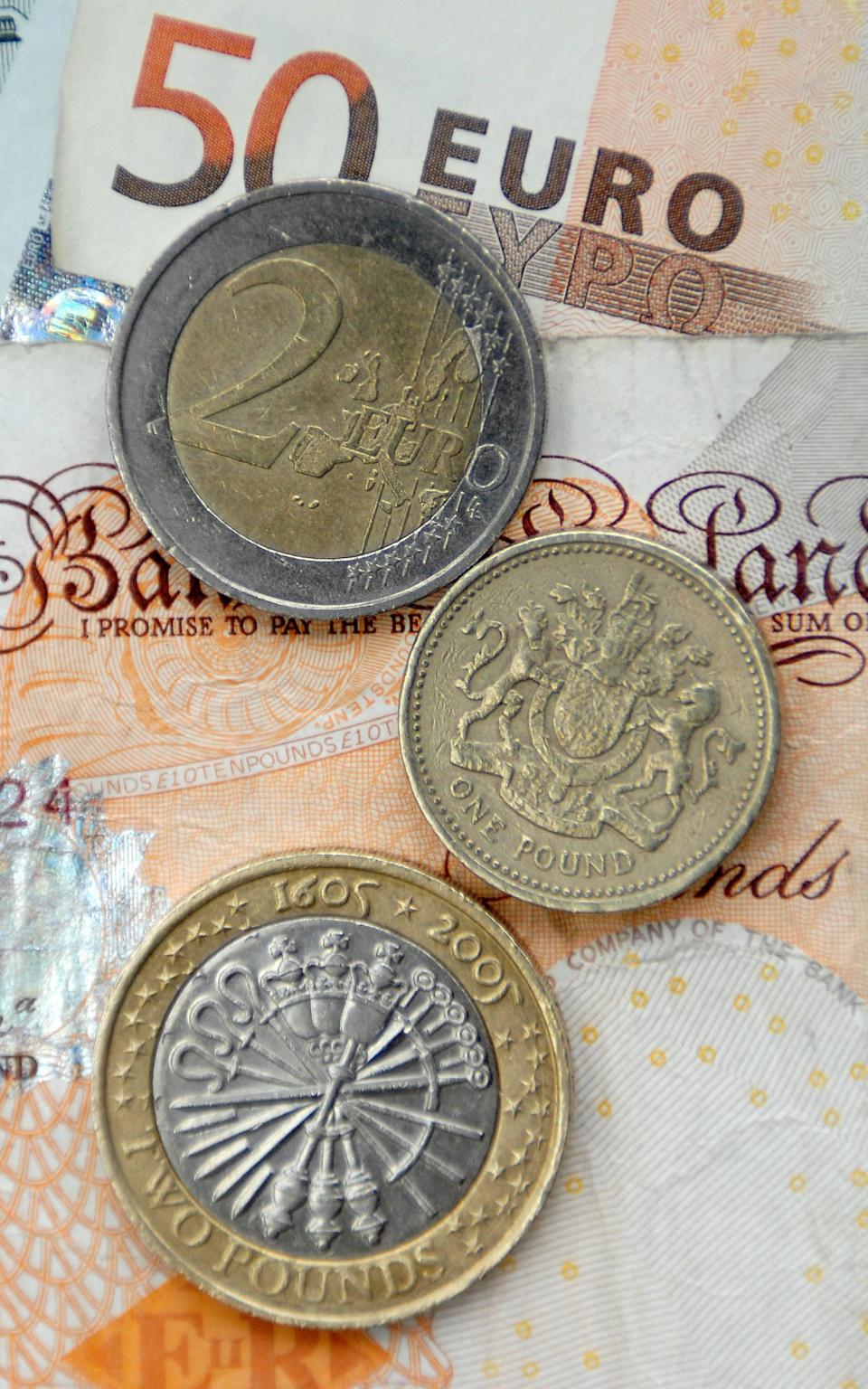British tourists losing £500 million a year by paying in Sterling when making card purchases abroad

British tourists are losing up to £500 million a year by opting to pay in Sterling when making card purchases abroad.
Shops, restaurants and cash machines often ask customers to decide whether to pay in pounds or local currency – but a poor exchange rate is applied to those who choose to pay in Sterling.
The lower exchange rates are equivalent to charging around six per cent per transaction. Overall this costs UK holidaymakers around £500 million a year, an analysis by the BBC has found.

In many cases the exchange rate is now displayed, leaving tourists in the dark about the extent to which they are being ripped off. James Hickman, of currency trader FairFX said it is “abhorrent” that tourists should be charged such high fees, adding that any extra charges should be capped.
On some transactions abroad, customers can lose up to ten per cent by paying in sterling, according to Fair FX. The charges are so high in the Netherlands that the Dutch consumer organisation Consumentenbond is urging visitors to take extra care.
A high proportion of shops and bars in Amsterdam – which are popular with tourists – offer for card payments to be made in Sterling.
"Let me warn those that are being offered to pay by card and the shop owner says: 'Would you like me to give you the exchange rate of what it will be in pounds' - don't do it", said Sandra de Jong, a spokesperson for Consumentenbond.
Giving the option to pay in Sterling – known as dynamic currency conversion - is legal in the UK and across Europe, as long as traders display the exchangerate being used before the payment is made.
But critics claim that often the rate is not shown in an unfamiliar form, and that most people find it hard to assess a rate on the spot.
Earlier this month the Government announced that “rip off" card fees will be banned and that paying by card will be free for consumers from next year.
All consumer-facing credit and debit fees, which can be as high as 20 per cent, will be outlawed from next year under an EU rule change.

 Yahoo News
Yahoo News 
